Publications
Articles, publications, books, tools and multimedia features from the U.S. Institute of Peace provide the latest news, analysis, research findings, practitioner guides and reports, all related to the conflict zones and issues that are at the center of the Institute’s work to prevent and reduce violent conflict.
Praise for Negotiating with Iran
“Negotiating with Iran should be read not just by foreign service officials but also by academics and general readers interested in U.S.-Iran relations.” —Ervand Abrahamian, Baruch College, CUNY “This is an excellent book and an important contribution to what is rapidly becoming the central issue in American foreign policy. Limbert draws on years of professional and personal experience to explore and explain the problematic nature of Iran-U.S. relations and to offer coherent and constructi...
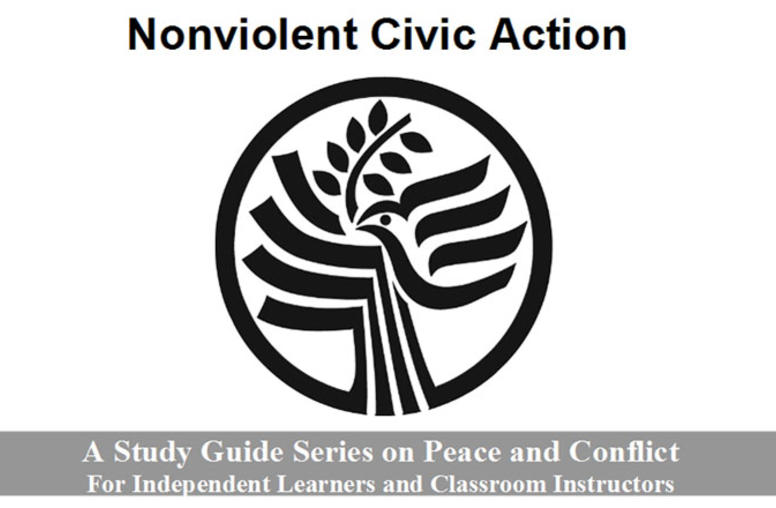
Nonviolent Civic Action
Nonviolent civic action includes such activities as boycotts and demonstrations undertaken by a group of people to persuade others to change their behavior. In this study guide, students will learn how nonviolent civic action has been used in the past to effect change without violence.
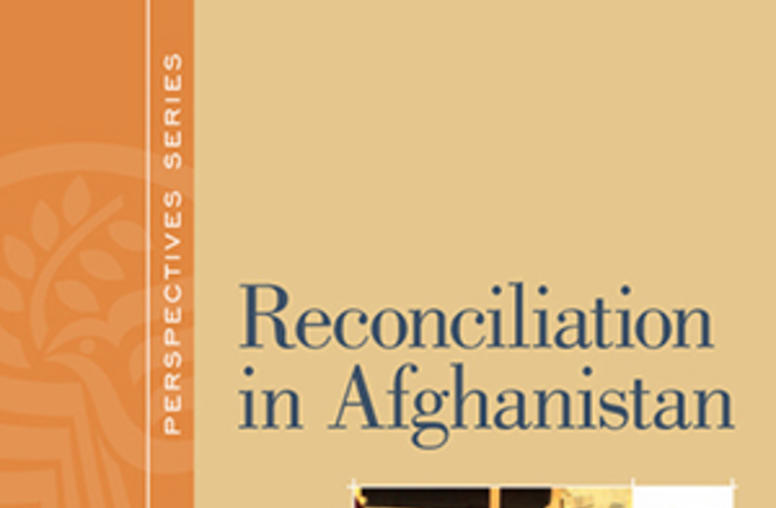
Reconciliation in Afghanistan
In this timely and thorough volume, Michael Semple analyzes the rationale and effectiveness post-2001 attempts at reconciliation in Afghanistan. He explains the poor performance of these attempts and argues that rethinking is necessary if reconciliation is to help revive prospects for peace and stability in Afghanistan.
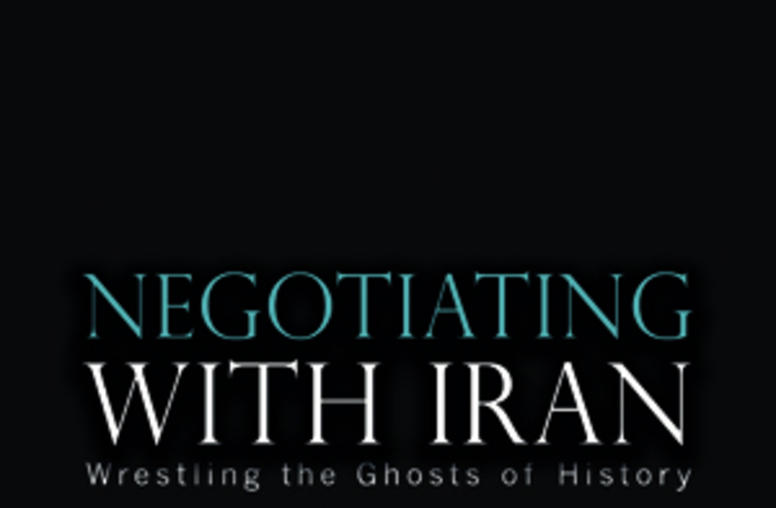
Negotiating with Iran
John Limbert steps up with a pragmatic yet positive assessment of how to engage Iran. Through four detailed case studies of past successes and failures, he draws lessons for today’s negotiators and outlines 14 principles to guide the American who finds himself in a negotiation—commercial, political, or other—with an Iranian counterpart.
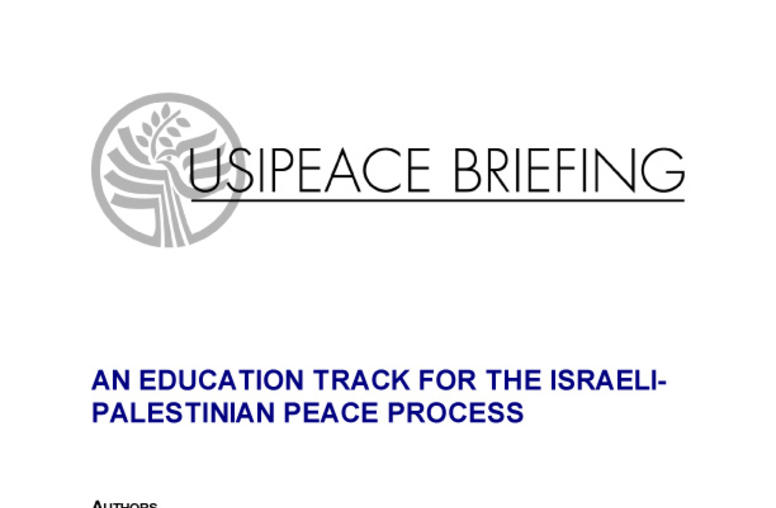
An Education Track for the Israeli-Palestinian Peace Process
Education plays a critical role in preparing communities for change and has made important contributions to post-conflict reconciliation in numerous war-torn societies, yet education issues have largely been excluded from past efforts to resolve the Israeli-Palestinian conflict. A new USIP report argues why an education track should be included in the negotiations phase and in the text of an agreement itself, and puts forward practical recommendations on how Israelis and Palestinians – and t...
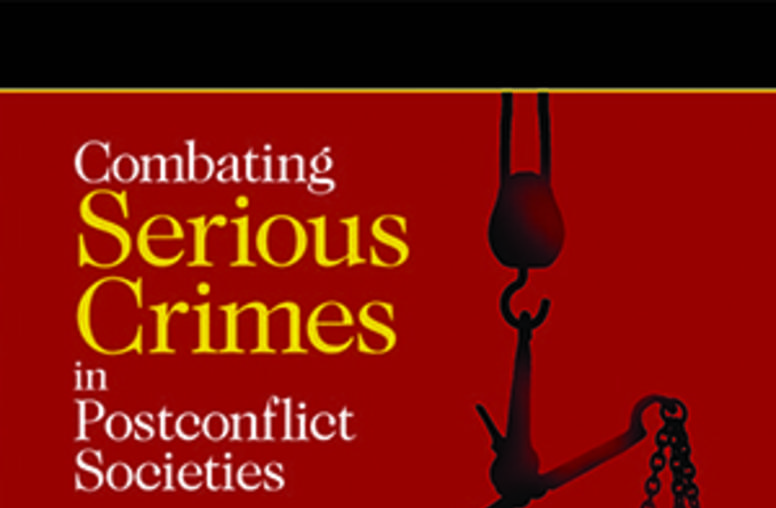
Combating Serious Crimes in Postconflict Societies - Dari Edition
This path-breaking volume presents broad guidelines and specific prescriptions for combating serious crime in societies emerging from conflict.
2008-2009 Winning Essay - National First Place Winner
National First Place Winner Sophia Sanchez Ladue Horton Watkins High School St. Louis, Missouri Coordinator: Megan McCorkle
2008-2009 Winning Essay - National Third Place Winner
National Third Place Winner Timothy “Sean” Ray Mississippi School for Mathematics and Science Columbus, Mississippi Coordinator: Donna Ray
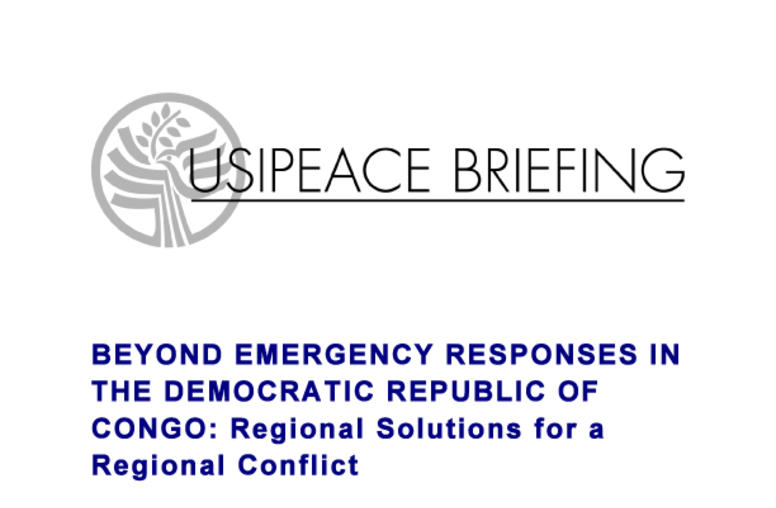
Beyond Emergency Responses in the Democratic Republic of Congo
In the Democratic Republic of Congo, the deadly conflict has claimed the lives of millions and appears to have no end. A new USIP report provides context to this protracted war, assesses current approaches and presents new options on how to resolve it.
Model Codes for Post-Conflict Justice
The Model Codes for Post-Conflict Justice is a criminal law reform tool tailored to the needs of countries emerging from conflict. The Model Codes can be purchased or downloaded.